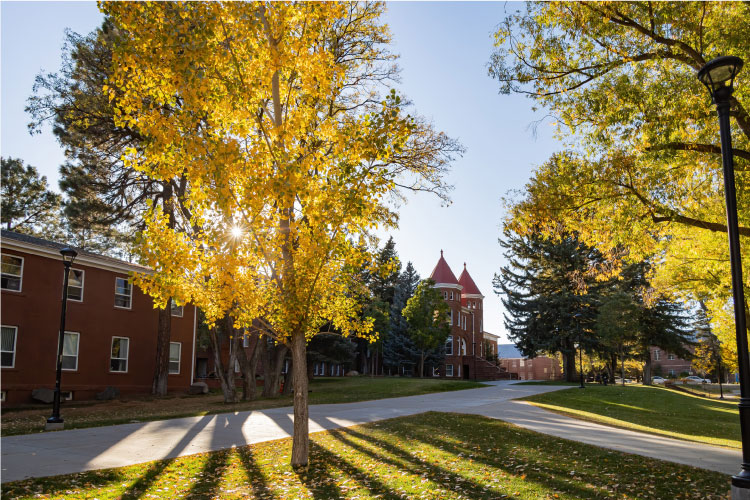New Jersey Health Care
Health care is one of the most important concerns for many New Jerseyans. Fortunately, there are many resources available to assist with health issues. 2-1-1 is one place to start for finding medical assistance. In addition to the ACA, several other medical assistance programs are available in New Jersey, including Medicaid, which is designed for low-income individuals and families.
Home health aides provide personal care
Home health aides are trained to provide personal care to individuals in the comfort of their homes. These workers are certified by the state Board of Nursing after completing a training program, passing a competency assessment, and passing a criminal background check. Their duties include personal care, meal planning, and mobility. In some states, home health aides can also administer medication.
Some home health aide services are free of charge, while others require a co-payment. The co-payment is often well below market rates for health care in New Jersey. Payments are calculated on a sliding scale based on the income of the individual. The total cost of services to a single person cannot exceed $7,200 in a year, or about $600 a month.
Home health aides provide basic services to individuals in the comfort of their own homes or nursing facilities. They provide basic assistance with personal care, including bathing, dressing, and basic grooming. They must also be aware of dietary guidelines. If necessary, home health aides will also help with meal preparation. They may also help with basic grooming and help patients change their bedding.

Home health aides provide personal care in New Jersey to individuals who are physically impaired or need assistance in performing daily activities. They can also provide respite care to caregivers. These caregivers can be hired by individual families or through home health aide agencies. Home care agencies are more regulated than private home health aides. Some experienced caregivers choose to work directly with families as private duty home health aides and avoid the agency overhead.
Home health aides have specialized training for specific tasks, such as helping seniors with bathing. Their training also includes lifting seniors from a sitting position to a bed. They also know how to use hoyer lifts, which are medical devices used to lift elderly people.
Some agencies also provide home health aides to provide non-medical services. Visiting nurses provide regular medical services as well as wound care. A number of these agencies are Medicare certified. In addition to providing care, home health aides can help patients remain independent and safe in their homes.
Home health care can be expensive, especially for seniors who are without insurance. While Medicaid covers certain types of health care, the coverage is often not as extensive as one might hope. The average cost for these services in New Jersey is $5,529 a month.
Medicaid pays for home health care in New Jersey
Medicaid can pay for in-home health care in New Jersey. This type of care includes assistance with daily activities and is provided by a trained professional. The average monthly cost is $5,529 for this type of care. The cost of nursing home care is the highest among the types of senior care, at $11,254 for a semi-private room.
The Garden State has nearly nine million residents, and about 1.5 million of them are 65 years of age or older. It is the second-most densely populated state in the country, so there are a lot of seniors who benefit from the state's excellent health care system and home care services. The state has two nationally recognized hospitals: the Hackensack University Medical Center and the Morristown Medical Center.
Medicaid also pays for personal care services. These services can include anything from housekeeping and laundry to grocery shopping and preparing meals. Although these types of services were once considered unprofessional, today they are considered essential to maintaining independence. These services can be covered by regular Medicaid or through a Medicaid Waiver.
Getting Medicaid payments for in-home health care is easy, and there are many resources to help you apply. The state's Medicaid program has a variety of requirements and eligibility guidelines that you must meet. It's also important to be aware that some services aren't covered by Medicaid.
Medicaid pays for home health care in New Jersey through the Community First Choice program. This program is part of the Affordable Care Act and lets participants choose which services they want, and can manage these services. In some cases, participants can even hire their own care providers or family members to provide care.
The program also provides tax-free stipends for caregivers. Caregivers can also benefit from the assistance of a caregiver coach. In addition to medical care, Medicaid will pay for environmental and home modifications, which can increase independence. These changes include wheelchair ramps, stairlifts, and environmental aids such as lighting.
While Medicaid pays for in-home care, there are also various other ways to find affordable services. The state has many Medicaid waiver programs to choose from. A few of them include the Client-Employed Provider Program (ACEP), which enables family members and spouses to hire caregivers.
Those struggling with substance use disorders can find a list of drug rehab programs here: https://www.allinsolutions.com/drug-and-alcohol-rehab-near-me/new-jersey/
Home health eligibility requirements
In New Jersey, eligibility for home health care is based on a variety of factors, including the individual's health insurance and financial status. The state has also instituted a managed care approach that provides public-funded Medicaid long-term in-home care services. While New Jersey has more resources than other states, home care eligibility requirements vary widely from one state to another. If you are concerned about the quality of care you receive in your own home, contact your local home health agency for information on their star ratings.
The home health agency must be Medicare certified and approved. Medicare will cover skilled care provided to Medicare-eligible beneficiaries. Part A will cover the first 100 days of home health care. To qualify for this benefit, the beneficiary must be homebound and require skilled care within 14 days of discharge from a skilled nursing facility. Part B covers additional days after the first 100 days.
The home health agency must provide comprehensive nursing services for the client. Nurses are required to supervise and participate in the development of the plan of care. They must also be able to identify the nursing needs of the beneficiary and perform periodic reassessments. They are required to keep track of the services provided, which is an additional safety precaution.

Those who qualify for home health care services in New Jersey must meet specific eligibility criteria. These include having a functional need for assistance with daily activities. Medicaid for the elderly in New Jersey, also known as NJ FamilyCare, is a program designed to provide health care for the elderly. This program is available to anyone earning up to 138% of the Federal Poverty Level.
Home health care is known for its high quality and strict safety standards. The Occupational Safety and Health Administration (OSHA) regulates health care services to ensure patient safety. These regulations also make home health care safer than facility-based care. The patient must be willing to follow all prescribed treatments and adhere to a prescribed therapeutic regimen.
New Jersey has a range of home health care services, ranging from personal aides to comprehensive nursing care. Home health aide services are provided by a New Jersey certified homemaker under the supervision of a registered professional nurse. This service includes assisting the client with personal care, health related tasks, and household duties. In addition, the home health aide must promote the well-being of family members.
Medicaid has several different programs for home health care. The Community Care Program for the Elderly and Disabled program is one of these programs. This program helps the elderly and disabled stay in their own homes instead of a nursing home. This program also offers home care services to children and adults with disabilities.
To apply for the program, applicants must complete an application form online. Paper applications are no longer accepted after May 1, 2016. In addition to this, applicants must submit a background check.

